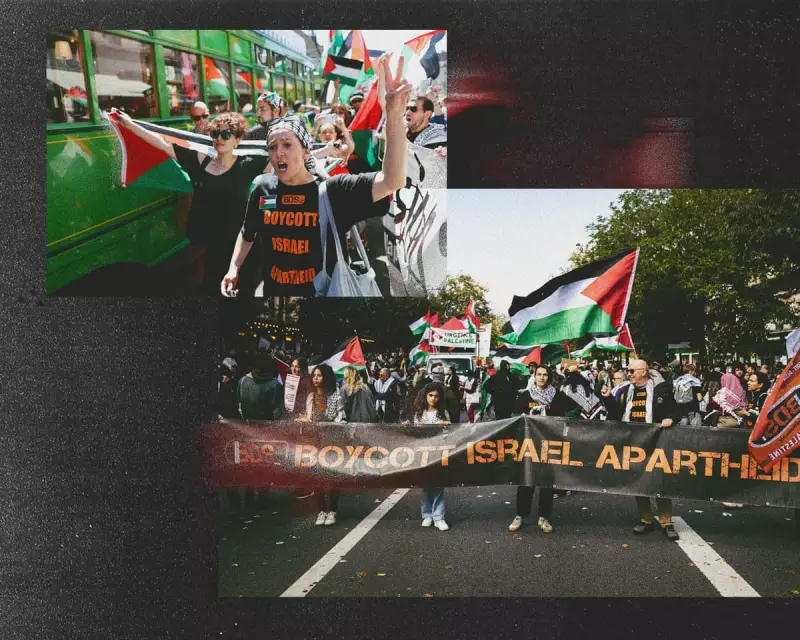
Israel is confronting what analysts are calling the most significant global boycott movement in its history, as economic and diplomatic pressure mounts from multiple fronts across the international community.
The Scale of Isolation
From European supermarket shelves to academic conferences and cultural exchanges, the boycott campaign has evolved from scattered protests into a coordinated international effort. Consumer goods, technology partnerships, and educational collaborations are all facing unprecedented scrutiny.
Economic Impact Deepens
Major international corporations are quietly scaling back their Israeli operations, while investment flows show concerning patterns. The technology sector, long considered Israel's economic crown jewel, is reporting difficulties in maintaining international partnerships and attracting foreign talent.
Key sectors affected include:
- Technology and startup investments
- Academic research collaborations
- Cultural and sports exchanges
- Consumer goods exports
- Tourism and hospitality
Diplomatic Fallout Spreads
The movement has transcended traditional political boundaries, with surprising support emerging from quarters previously considered friendly to Israel. Several European governments are facing increasing domestic pressure to take stronger stances, while international organisations are reconsidering their engagement policies.
What This Means for the Future
Experts suggest this represents a fundamental shift in how the international community engages with Israel. The economic consequences are becoming increasingly tangible, while the diplomatic isolation appears more structured and sustained than previous protest waves.
The coming months will prove crucial in determining whether this movement represents a temporary protest or a permanent reconfiguration of Israel's place in the global community.





